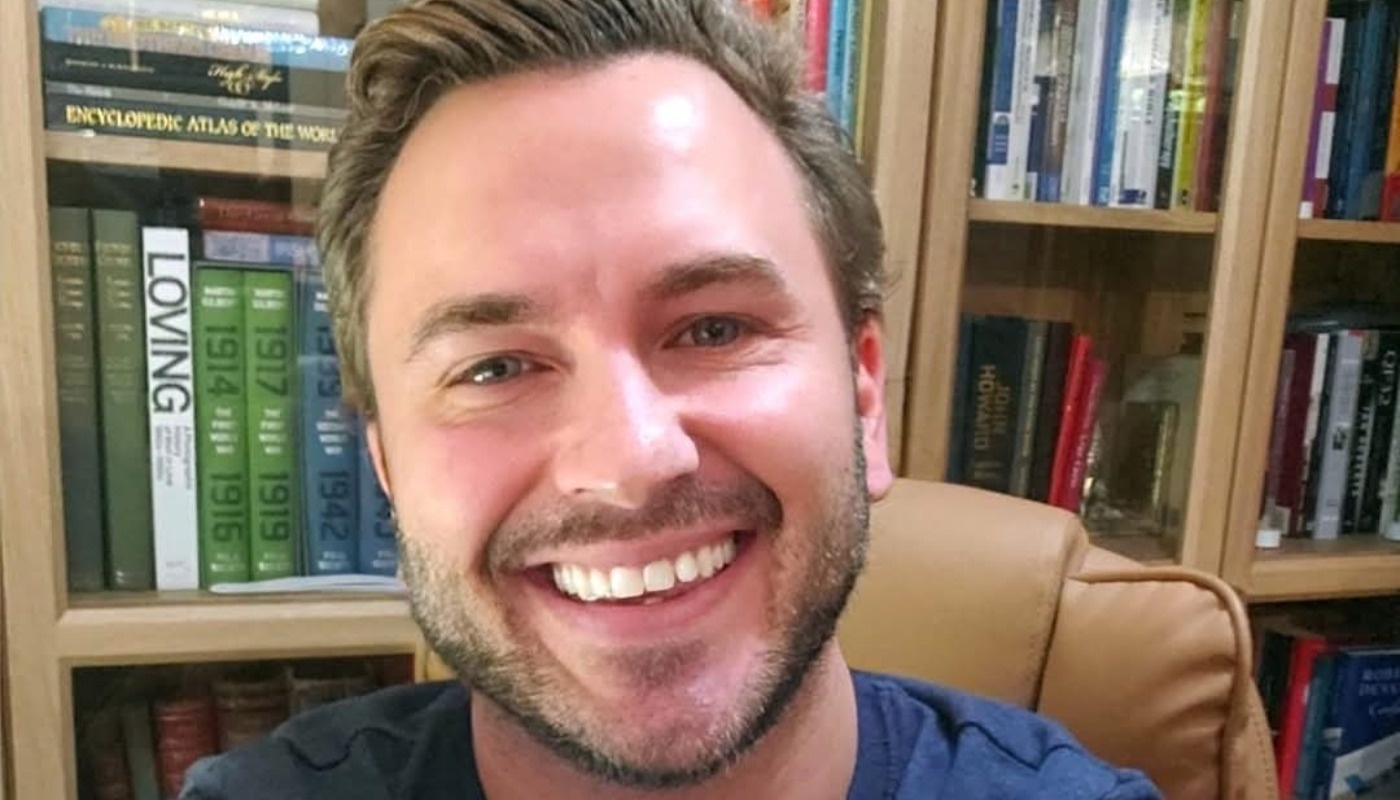About Bright Lights Life
& RobERT CHARLES Kavanagh


Rob Kavanagh’s global practice is grounded in the conviction that mental health care must honour the full complexity of human experience, integrating clinical expertise, lived experience, cultural sensitivity, and community-based healing. Through an approach that respects diversity and human potential, his work empowers individuals to reclaim agency, strengthen resilience, and cultivate meaningful lives - affirming that true healing is not merely recovery, but the restoration of balance, connection, and hope.
Rob’s professional journey has been shaped by profound personal experiences, which inspired his transition from legal practice into mental health academia, and ultimately into peer work, mentoring, and clinical counselling and psychotherapy.
These experiences have informed a deeply holistic vision of mental health. Moving beyond traditional medical models, Rob embraces cultural and metaphysical dimensions of care, consistently honouring the intrinsic connection between mind, body, and soul.
Foundations and Diverse Experiences:
Originally an international corporate lawyer, Rob balanced his legal career with extensive voluntary humanitarian and counselling work spanning more than 25 years. His work has included supporting people living with HIV/AIDS at end of life, asylum seekers and refugees, young people with intellectual, neurodivergent, behavioural and mental health challenges, individuals experiencing severe mental illness and crisis, homeless men and parolees, and employees affected by corporate workplace toxicity.
Recognising the growing global need for mental health support, Rob transitioned fully into the mental health field in 2017. He served for several years as International CEO and Research Director of the Newosis Mental Health Foundation and now works internationally with individuals and groups, employing an eclectic, trauma-informed therapeutic approach focused on resilience, empowerment, and meaningful change.
A C.A.S. Hawker Scholar, Duncan Scholar, and recipient of the Adelaide Graduate Award, Rob holds a Master’s in Counselling and Psychotherapy from the University of Adelaide, with additional postgraduate studies in spirituality through Charles Sturt University and Tabor College. In recognition of his humanitarian contributions, he has been awarded several overseas Honorary Doctorates and an Honorary Professorship.
Prior to his mental health career, Rob completed multiple undergraduate and postgraduate degrees enabling legal practice in Australia, the United Kingdom, and the European Union, and also holds qualifications in music performance, politics, media, and theology. Further professional details are available via his LinkedIn profile.
Rob’s approach to mental health is grounded in a holistic philosophy that honours the full spectrum of human experience. By integrating the mind, body, emotional, social, and spiritual dimensions, he recognises these elements as inseparable and equally vital to wellbeing. His practice embraces individual diversity and cultural context, creating space for empowerment, self-awareness, and sustainable growth.
Key Principles of Holistic Therapy:
Interconnectedness – Acknowledges the dynamic relationship between physical, emotional, psychological, and spiritual health, and the need to address all dimensions for genuine healing.
Inclusivity – Embeds cultural sensitivity, accessibility, and respect for personal identity, ensuring therapy is meaningful and relevant to each client.
- Empowerment – Moves beyond symptom management by fostering resilience, self-efficacy, and personal transformation.
Rob’s therapeutic practice is grounded in an eclectic, trauma-informed framework that recognises the lasting influence of past experiences on present wellbeing. He prioritises safety, empowerment, and collaboration, integrating a range of evidence-based approaches to honour each client’s unique journey:
Psychodynamic Therapy – Explores unconscious patterns and early life experiences that shape current challenges, fostering insight and emotional healing.
Compassion-Focused Therapy (CFT) – Cultivates self-compassion as a foundation for healing trauma, reducing shame, and strengthening resilience.
Strengths-Based Approach (SBA) – Highlights and builds upon clients’ inherent strengths, promoting confidence, agency, and self-efficacy.
Cognitive Behavioural Therapy (CBT) – Identifies and restructures unhelpful thought–behaviour cycles, encouraging healthier coping mechanisms.
Acceptance and Commitment Therapy (ACT) – Encourages mindfulness, psychological flexibility, and values-based action to navigate distress with resilience.
Narrative Therapy – A cornerstone of Rob’s practice, empowering clients to re-author their life stories by externalising problems, reframing narratives, and reclaiming personal agency.
Through this trauma-informed lens, Rob ensures that all interventions are delivered with sensitivity, emotional safety, and collaboration at their core. His holistic, client-centred methodology fosters not only recovery, but also enduring psychological wellbeing, resilience, and self-empowerment.
Music Therapy and Community Healing:
Rob integrates music therapy—firmly grounded in neuroscience and psychology—as a powerful modality for both individual and collective healing. Research shows that music engages multiple areas of the brain simultaneously, influencing emotion regulation, memory, and even neuroplasticity. For trauma survivors, music provides a non-verbal channel of expression when words may be too difficult or limiting, enabling the release of suppressed emotions and the fostering of psychological integration.
Beyond the clinical setting, Rob champions community-based music initiatives as a vital tool for social cohesion and resilience. Choirs, brass bands, orchestras, and contemporary ensembles create spaces where individuals from diverse backgrounds can come together, united by shared rhythm and harmony. These communal experiences counteract isolation, reduce stigma, and provide a sense of belonging—elements particularly crucial for people living with mental health challenges or intergenerational trauma.
Rob’s three decades of experience as a brass musician and conductor have shown him first-hand how community music-making not only enriches cultural life but also strengthens the social fabric. Participation in ensemble music fosters discipline, cooperation, empathy, and mutual support. Audiences, too, become part of this healing process, sharing in performances that lift spirits and inspire collective pride.
By weaving music therapy into his holistic practice, Rob affirms that healing is not only an individual journey but also a communal one. In both clinical and community contexts, music becomes a language of connection, resilience, and hope—an art form that transforms personal struggle into shared strength.
See Community Music Therapy for more details.


